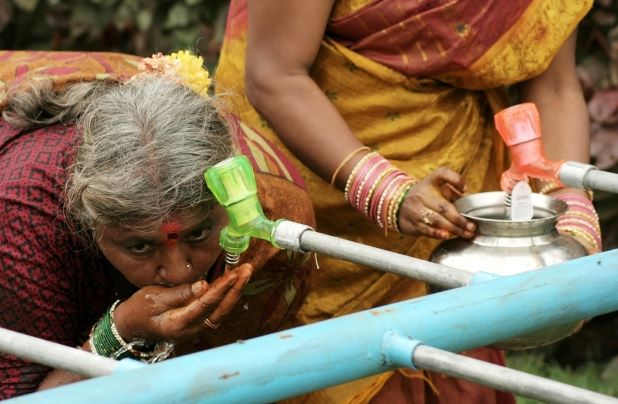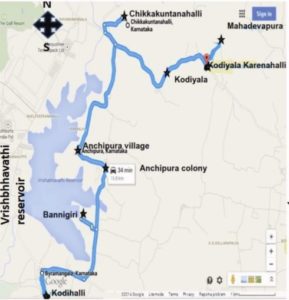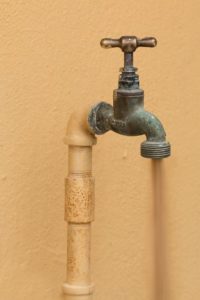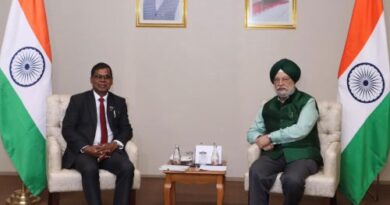Researchers Sound Warning Over Bengaluru Drinking Water

Bengaluru, wearing the crown as the fastest growing metropolitan city in India, is struggling to cope with increasing scarcity of drinking and potable water, made worse by the city’s antiquated plumbing.
A study called “Drinking water contamination from peri-urban Bengaluru” by Indian researchers- G. Sheeba, Anjaneyulu Jalagam, and Padma Venkatasubramanian found that the reservoir waters from where Bengaluru households get water supplies are diseased and unfit to drink.
Consider the Byramangala Reservoir, a key source for the city to meet its drinking water needs. The study has exposed severe pollution and deterioration of groundwater quality.
 Water samples were collected from 8 peri-urban villages which are the source of drinking water Vrishbhavathi-Byramangala areas. Water from Anchipura village, Anchipura colony, Bannigiri, Chikkakuntanahalli, Kodiyala Keranahalli, Kodiyala, Mahadevpura and Kodihalli were analysed. The key findings are:
Water samples were collected from 8 peri-urban villages which are the source of drinking water Vrishbhavathi-Byramangala areas. Water from Anchipura village, Anchipura colony, Bannigiri, Chikkakuntanahalli, Kodiyala Keranahalli, Kodiyala, Mahadevpura and Kodihalli were analysed. The key findings are:
- 80% of water samples collected at the source was contaminated, with moderate to high risk of Diarrhoea present.
- Only 20.6% of water samples met WHO’s permissible limits of presence of E-Coli counts
- Only 7% of water reaching Households for drinking purpose complied with WHO limits whereas 93% was found contaminated with Coliforms
- High level of chemical pollution was found in the water samples collected from the reservoirs—high levels of dissolved solid waste, calcium, magnesium, high alkalinity and nitrates was present
- Borewells at Byramangala area had high levels of Coliforms which indicates possibility of Faecal contamination due to inflow of Sewage and industrial effluents
- Water sourced from Vrishbhavathi-Byramangala reservoir showed high levels of Nitrates which increases the risk of Methaeglobinaemia in infants and gastrate, Prostate cancers in adults
- Water contamination at household level was found to be higher than at source level indicating poor sanitation, hygiene and faulty handling practices.
 The study also provided simple and sustainable interventions to clean water. It added that solar disinfection, use of copper utensils to store water, chlorine tablets and water filters along with WASH practices can drastically improve availability of drinking water in the peri-urban areas of Bengaluru.
The study also provided simple and sustainable interventions to clean water. It added that solar disinfection, use of copper utensils to store water, chlorine tablets and water filters along with WASH practices can drastically improve availability of drinking water in the peri-urban areas of Bengaluru.
An earlier in-depth inventory of the city’s lakes by the Indian government found that 85% had water that could only be used for irrigation and industrial cooling. Not a single lake had suitable water for drinking or bathing.
Bengaluru has also featured in the BBC’s 2017 list of 21 cities which are at the risk of losing groundwater due to over exploitation. Despite Karnataka being the fourth best state for water resource management among non-Himalayan states, Bengaluru seems destined to suffer as it struggles to accomodate its needs.




